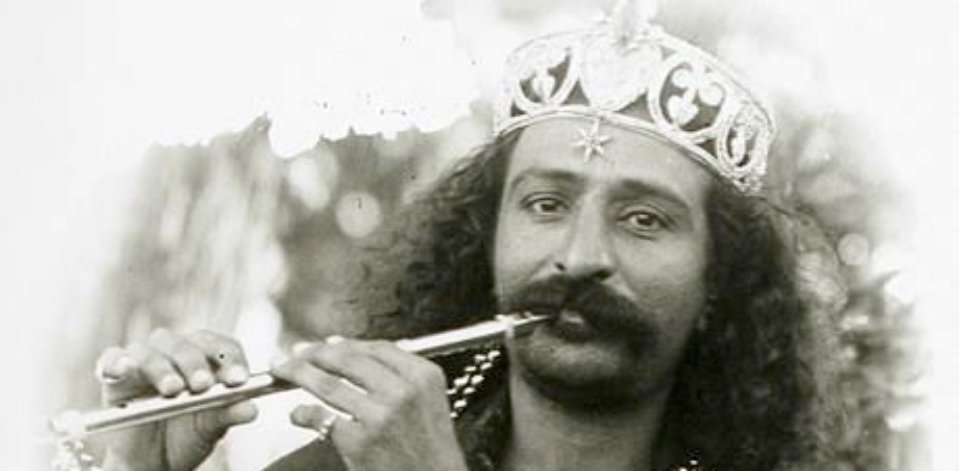
Early Life
Meher Baba was an Irani born in Pune, India to a Zoroastrian family.
His given name was Merwan Sheriar Irani. He was the second son of Sheriar Irani, a Persian Zoroastrian who had spent years wandering in search of spiritual experience before settling in Poona (now Pune), and Shireen Irani.
As a boy he formed "The Cosmopolitan Club", which was dedicated to remaining informed in world affairs and giving money to charity. He was a multi-instrumentalist and poet. Fluent in several languages, he was especially fond of the poetry of Hafez, Shakespeare, and Shelley.
In his youth, he had no mystical inclinations or experiences, and was "[u]ntroubled as yet by a sense of his own destiny..." He was more interested in sports and was co-captain of his high school cricket team.
At the age of 19, during his second year at Deccan College in Pune, he met a very old Muslim woman who was locally revered as a saint, named Hazrat Babajan, who kissed him on the forehead.
The event affected him profoundly, leaving him visibly dazed, and he gave up his normal activities.
After that he contacted other spiritual figures, who, along with Babajan, he later said were the five "Perfect Masters" of the age: Tajuddin Baba, Narayan Maharaj, Sai Baba of Shirdi, and Upasni Maharaj.
In late 1921, at the age of 27, after living for seven years with Upasni, Merwan started to attract a following of his own. His early followers gave him the name "Meher Baba", meaning "Compassionate Father".
In 1922, Meher Baba and his followers established "Manzil-e-Meem" (House of the Master) in Bombay (now Mumbai). There Baba began his practice of demanding strict discipline and obedience from his disciples. A year later, Baba and his mandali moved to an area a few miles outside Ahmednagar that he named "Meherabad" (Meher flourishing).
This ashram would become the center for his work. During the 1920s, Meher Baba opened a school, hospital and dispensary at Meherabad. All three were free and open to all castes and faiths.
In July 1925, Meher Baba began a life-long period of self-imposed silence, communicating first by use of chalk and slate, then by an alphabet board and later by self-styled hand gestures. In January 1927 he gave up writing with pen or pencil also.
